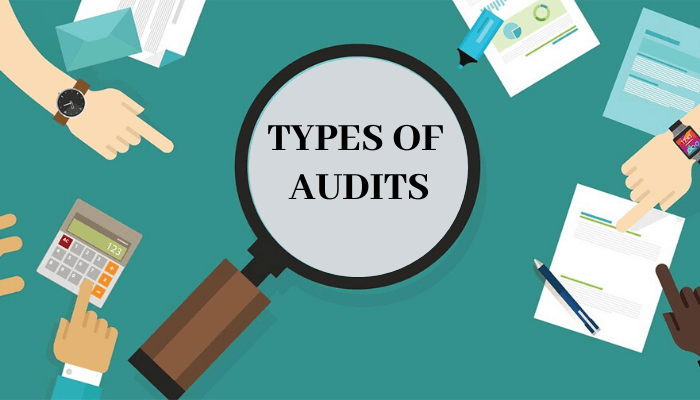


In the complex world of finance, transparency and trust are not just buzzwords. They are key principles. They support the stability and credibility of the whole system. Audit reports lie at the heart of this framework. They are vital for assessing and sharing a company’s financial health with stakeholders. In this deep dive, we explore audit reports. We explain their importance. We explain the types of audit opinions that can be issued. We explain the paths companies can take to earn good audit outcomes.
Audit reports show the essence of auditing. They are formal documents made by auditors. They reflect the auditors’ professional judgment on a company’s finances. They act as a link between the audited entity and its stakeholders. These include investors, creditors, and regulatory bodies. The reports are very important. They shape perceptions and decisions. Auditors rigorously examine financial records. They do this to see if the company follows GAAP or IFRS. They ensure the company meets the norms and standards.
Table of Contents
ToggleUnraveling the Four Types of audit opinions. At the core of any audit report is the auditor’s opinion. It is a short comment on the company’s financial statements. It shows the level of assurance about their accuracy and reliability. There are four main types of audit opinions. Each has its own weight and implications.
The first type of audit opinion – unqualified opinion. An unqualified opinion is the best outcome. It means the auditor is fully satisfied with the company’s financial reporting. It says the financial statements have no big mistakes. They show the company’s financial position. The verdict gives stakeholders confidence. It also bolsters trust in the company’s operations and governance.
The second type of audit opinion is not as good as an unqualified one. It shows the auditor found specific problems. These concerns might be about limits in the audit’s scope. Or, they might be about unresolved accounting procedures. A qualified opinion does not necessarily mean severe deficiencies. But, it can prompt stakeholders to look closely at the company’s financial disclosures. It highlights areas needing attention and possible improvement.
A Disclaimer of Opinion (Disclaimer Report) happens rarely. An auditor may be unable to give a clear opinion. This could be due to severe limits in the audit scope. Or, it could be due to the inability to get good explanations for certain transactions. This scenario requires a disclaimer of opinion. It signals major uncertainties about the company’s financial transparency and reliability. Such a red flag raises concerns. It prompts questions about the company’s controls and governance.
An adverse opinion is the most severe verdict an auditor can issue. It shows the identification of big mistakes in the financial statements. These could be from fraud or widespread errors. This opinion hurts the company’s financial credibility. It erodes trust among stakeholders and triggers bad results. These include regulatory scrutiny and investor backlash. These companies face a tough battle. They must restore trust and credibility in finance.
An unqualified audit opinion shows that a company is honest. It has integrity and manages money well. To get a clean audit report, companies can adopt many best practices:
In finance, audit reports are essential. They promote trust, transparency, and accountability. Stakeholders can make informed decisions. They can do this by understanding the types of audit opinions and the factors that influence them. This understanding will uphold the integrity of the financial ecosystem. Companies need to earn good audit outcomes. They must make a big effort to use best practices. They need to strengthen internal controls. They must also use technology to improve transparency and credibility. Auditors guard financial integrity. They play a key role in protecting stakeholder interests. They also uphold the principles of transparent and trustworthy financial reporting.

